A number of anti-slavery and abolition groups—especially in the northeastern U.S. While most were formed and led by men, there was also the short-lived Boston Female Anti-Slavery Society.
The Turning Tide
As the country moved from agricultural to being industrial during the 19th century, the need for slave labor was challenged. Yes, the need to do away with slavery wasn’t just a moral stance but also an economic one. While during the earlier half of the century, the northern states still pandered to the south due to it being an economic powerhouse eventually those states started to withdraw concessions and privileges from the south—such as the Fugitive Slave Acts.
These challenges would escalate as they were viewed as part of the North antagonizing the South and states’ rights. Eventually, these would lead to the Civil War, a conflict that resulted in hundreds of thousands of lives lost and the South’s position as the country’s economic powerhouse in shambles.
The Boston Female Anti-Slavery Society
The group was one organization formed on moral grounds. Formed in 1832, its 1836 constitution stated that the group believed that slavery was against what God intended. It was also formed and operated by women and was one of the abolitionist groups that had open membership to Blacks from the start.
The origins of the Boston Female Anti-Slavery Society came from mostly white women wanting to do something but not knowing much about what actually happened in slavery, how it impacted Blacks and the issues of race of the period. Instead, the members of the group saw it fit to put their influence and wealth behind the cause.
Any money generated by the organization was used to sue southern slaveholders who attempted to retrieve escapees and support in their escapes. It also co-promoted conventions where prominent abolitionists came to speak. While it did work with other groups, it wasn’t folded into other organizations or considered a wing any others. Its publication was known as The Liberty Bell.
Decline
It should be noted that many abolition and anti-slavery groups didn’t even last until the end of slavery. For instance, the Massachusetts General Colored Association ran from the 1820s to the 1850s. In the case of the Boston Female Anti-Slavery Society, it was active for seven years with most familiar with the organization saying that its end was a result of sides being drawn and fighting among members that affected their work.
REFERENCE
http://www.americanabolitionists.com/boston-female-anti-slavery-society.html
https://en.wikisource.org/wiki/Address_of_the_Boston_Female_Anti-Slavery_Society

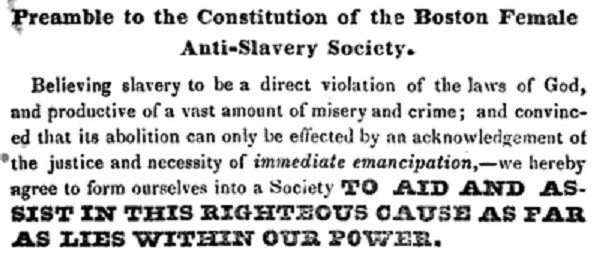




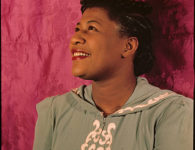






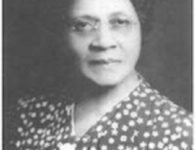



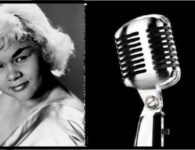

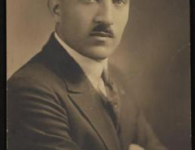

1 Comment
Good post. Thanks.